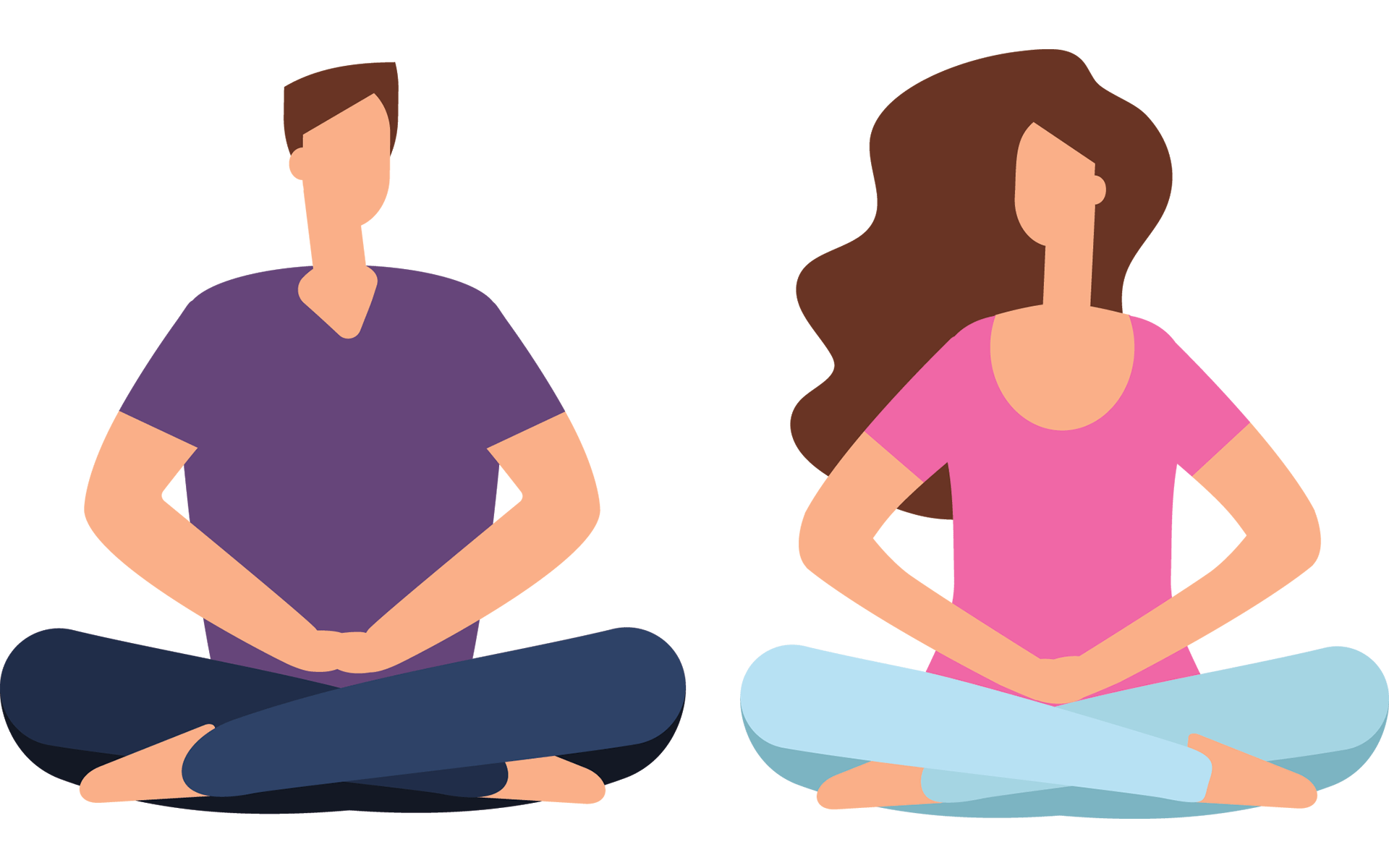“Discover 10 proven tips to enhance your mental health and well-being. Learn effective strategies for improving emotional resilience and overall mental wellness.”
Maintaining and improving mental health is essential for overall well-being and happiness. In this blog post, we’ll explore ten proven strategies to enhance your mental health and foster a greater sense of well-being. These tips are based on scientific research and practical approaches, offering you actionable steps to support your mental wellness journey.
Practice Mindfulness and Meditation
Mindfulness and meditation are powerful techniques for managing stress and enhancing mental well-being. By focusing on the present moment and practicing deep breathing, you can reduce anxiety, improve concentration, and increase emotional resilience.
Example: Incorporate daily mindfulness exercises or meditation practices, even if it’s just for a few minutes each day.

Exercise Regularly
Regular physical activity has been shown to have a positive impact on mental health. Exercise releases endorphins, which are natural mood lifters, and helps reduce symptoms of depression and anxiety.
Statistic: Research shows that engaging in at least 150 minutes of moderate-intensity exercise per week can significantly improve mental health.
Maintain a Balanced Diet
What you eat plays a crucial role in your mental health. Consuming a balanced diet rich in nutrients, vitamins, and minerals supports brain function and emotional well-being.
Quote: “A well-balanced diet not only nourishes the body but also supports mental health and emotional stability.” – Nutritionist
Get Quality Sleep
Sleep is vital for mental health, as it allows the brain to recover and process information. Aim for 7-9 hours of quality sleep each night to improve mood, cognitive function, and overall mental wellness.
Example: Establish a regular sleep routine and create a restful environment to enhance sleep quality.
Build Strong Social Connections
Positive relationships and social support are essential for mental health. Spending time with friends, family, and loved ones can provide emotional support, reduce feelings of loneliness, and enhance overall well-being.
Statistic: Strong social connections are linked to lower levels of stress and better mental health outcomes.
Set Realistic Goals
Setting and achieving realistic goals can boost self-esteem and provide a sense of accomplishment. Break larger goals into smaller, manageable steps to maintain motivation and reduce stress.
Example: Use goal-setting techniques such as SMART (Specific, Measurable, Achievable, Relevant, Time-bound) to structure your goals effectively.

Practice Self-Care
Engaging in self-care activities, such as hobbies, relaxation techniques, and personal time, helps maintain mental health and prevent burnout. Prioritize activities that bring you joy and relaxation.
Quote: “Self-care is not selfish; it’s a necessary practice for maintaining mental health and overall well-being.” – Mental Health Professional
Seek Professional Help
If you’re struggling with mental health issues, seeking professional help from a therapist or counselor can provide valuable support and guidance. Therapy can help you address underlying issues and develop coping strategies.
Example: Consider reaching out to a mental health professional if you experience persistent feelings of sadness, anxiety, or overwhelm.
Limit Screen Time
Excessive screen time, especially on social media, can negatively impact mental health. Set boundaries for screen use and take regular breaks to reduce digital fatigue and improve overall well-being.
Statistic: Studies have shown that excessive social media use is associated with increased feelings of anxiety and depression.
Practice Gratitude
Cultivating gratitude by regularly acknowledging and appreciating the positive aspects of life can enhance mental health and happiness. Keeping a gratitude journal or expressing thanks can shift your focus toward positivity.
Example: Dedicate a few minutes each day to write down things you’re grateful for to boost your mood and foster a positive outlook.

Conclusion
Improving your mental health and well-being involves a combination of lifestyle changes, self-care practices, and supportive relationships. By implementing these ten proven tips, you can enhance your mental resilience, emotional balance, and overall quality of life.
